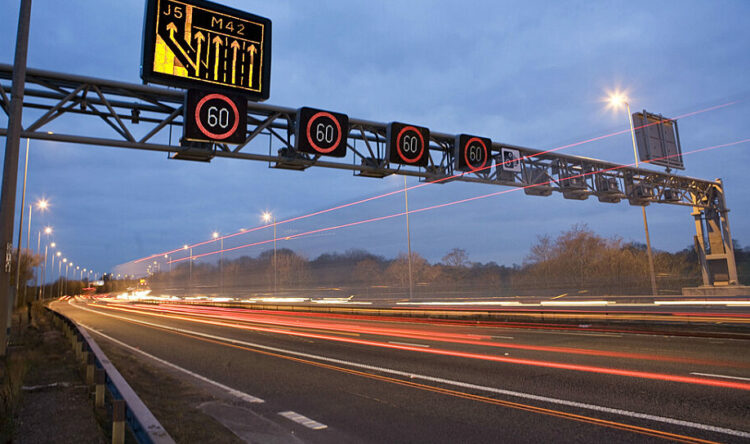The law around drug driving – and the 9 prescription drugs that could get you arrested for it
Eight people a day disqualified for drink or drug driving in Wales alone
Eight people a day on average are disqualified for driving under the influence of drink or drugs, new Ministry of Justice data has revealed.
And while many people are aware of the law regarding alcohol consumption and getting behind the wheel – chances are, they know considerably less about the rules around driving after taking prescription or illegal drugs.
The latest available figures show that 114 motorists in Wales were disqualified for driving under the influence of controlled drugs above the allowed limit in 2016/17 – with 28 of these occurring in North Wales.
Across England and Wales, 1,307 were disqualified for this, whilst a further 6,680 were penalised for other offences related to drink or drug driving.
Samuel Nahk, senior public affairs officer for road safety charity Brake, said: “Driving over the alcohol limit or under the influence of drugs is illegal and extremely dangerous behaviour with potentially devastating consequences.
“Brake is calling for zero tolerance of drink and drug driving and demanding that the Government lowers the drink drive limit; prioritises the type-approval of roadside screening devices that can detect all banned drugs; and steps up roads policing levels to deter offending.”
So what prescription medicines can get you arrested? And what powers do the police have?
The power of the police
The police have the power to stop motorists and make “field impairment assessments”, if they suspect a driver is on drugs.
This involves a series of tests, such as asking the motorist to walk in a straight line as well as the use of a roadside drug kit.
You could be charged with a crime if you fail the tests.
Prescription medicines
In England and Wales, it’s illegal to drive with legal drugs – prescription or over-the-counter medicines – in your body if it impairs your driving.
It’s also an offence to drive whilst over the specified limits of certain drugs, even if your driving isn’t affected.
And motorists can also be penalised if they haven’t been prescribed the medicine.
The government advises discussing your ability to drive with your doctor if you’ve been prescribed any of the following drugs:
- amphetamine, eg dexamphetamine or selegiline
- clonazepam
- diazepam
- flunitrazepam
- lorazepam
- methadone
- morphine or opiate and opioid-based drugs, eg codeine, tramadol or fentanyl
- oxazepam
- temazepam
Car insurer Confused.com also warns that hayfever medications such as chlorphenamine, hydroxyzine and promethazine, may also cause problems when driving.
Known to cause drowsiness, these medications shouldn’t be taken when planning on driving – or any other drugs which “may cause drowsiness.”
Illegal drugs
There’s currently a zero tolerance policy enforced by the government in relation to illegal drug use, reported Manchester Evening News.
- benzoylecgonine (a substance associated with cocaine use)
- cocaine
- cannabis
- ketamin
- lysergic acid diethylamide
- methylamphetamine (meth)
- methylenedioxymethamphetamine (MDMA)
- 6-monoacetylmorphine (heroin)
Limits have been set for each drug, to rule out any accidental exposure.
The penalties for drug driving
Those convicted of driving under the influence of drugs face multiple penalties.
They’ll receive a minimum 1 year driving ban, as well as an unlimited fine.
You may also face up to 6 months in prison, with the conviction on your criminal record.
A drug driving conviction will also appear on your driving licence for 11 years – so if you drive for work, an employer will see your conviction.
Anyone who causes death by dangerous driving under the influence of drugs will be sentenced to up to 14 years in prison.
Being convicted of the crime may also affect your insurance costs, as well potentially causing trouble if travelling to countries like the USA.
A Ministry of Justice spokesperson said: “Intoxicated drivers can ruin lives which is why we intend to give courts the power to hand down life sentences for death by dangerous driving – sending a clear message to those who drive irresponsibly.”
For more news from North Wales – visit https://www.dailypost.co.uk/




